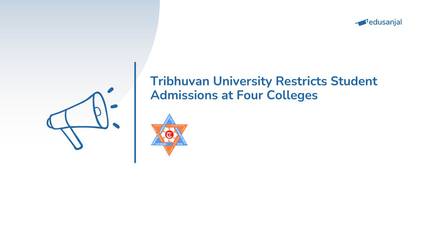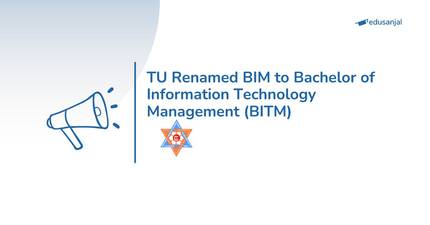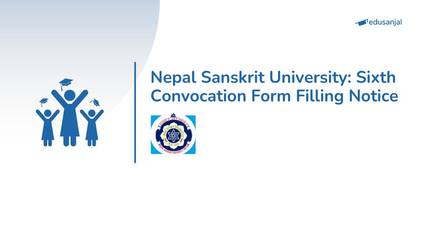“Are you thinking of writing a Thesis? No worry. We will work for you for nominal fees.” Walls on campus premises and busy places in the city are awash with notices of this kind as soon as the Masters’ Second Year is over.
Though a thesis is a dissertation portraying the original view of students after a research work and is considered a good mechanism to check their creativity, it is losing essence as fake work is dominating the academic field.
“I have heard of it several times and the trend is growing these days,” said Amar Raj Joshi, chief of the Central Department of English at Tribhuvan University. “This points at growing ethical erosion in students.”
Despite the legal barrier, the act of selling theses is going on openly due to impunity, pressure from student unions, weak evaluation mechanism and the lack of proper record system on the part of the university, say academicians.
The caterers make the thesis available after minor changes in the old dissertation which was once used by some other student. Exploiting the lack of networking facilities between campuses, they even sell the same work to two students of distant colleges. Emphasising the necessity of good network among campuses, Joshi said, “There is no mechanism to detect even if the same work is presented in two different colleges.”
Masters’ Degree students are required either to present a thesis report or to attend a theoretical paper of 100 marks to complete the level. But a majority of them prefer doing thesis as higher marks are awarded even for a paper bought on the market.
Bharat Shah (name changed) said he can provide a thesis on any subject for Rs. 7,500 and the proposal for an additional fee of Rs. 1,500. He went on to claim that not a single piece provided by him has yet been rejected. “Every year I turn out more than two dozen papers, which bring the student concerned good marks,” he said. “I have nexus with renowned lecturers in every college and one needn’t worry for good marks.” Even the lecturers are found to be involved in the business as it fetches them a good amount of money in a short period of time. “A part-time lecturer in our college, who sells stationery near Minbhawan Campus, was found engaged in the immoral job,” an office bearer at Nepal Commerce Campus said. “But no action was taken against him.”
Shah, however, claimed that the act was not punishable since he was only helping those who have no time. “We are merely helping the students who cannot allocate time for thesis amid their busy schedules.”












